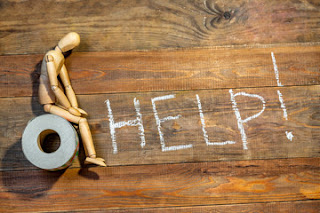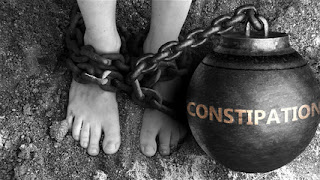Save the Gallbladder
Save The GALLBLADDER!
It is estimated that 700,000 people in the United States have their gallbladders removed (cholecystectomy) each year. But
are all of them necessary? Could we do anything to prevent this all too common surgery? Unfortunately, years after surgery, a large number of people who have had their gallbladders removed, continue to have symptoms. This does not include those who have had an acute blockage. But for many, The GI (Gastro-intestinal) discomfort or symptoms may have only changed location or consistency.
Millions of individuals suffer from GI discomfort. Many start treating themselves with over- the- counter products such as
Rolaids or Tums as initially these do the trick. But the real problems (diet and low hcl levels) were never addressed and other
than placing a temporary band aid on the situation. Discomfort will soon become more dramatic requiring stronger medications (more band aids), upper and lower GI testing and eventually the possible suggestion to remove the gallbladder.
Yes, living without your gallbladder is obviously possible but many of those individuals will still suffer from other GI issues such as IBS (Irritable Bowel Syndrome) which comes in many varieties.
The gallbladder is a small pear shaped, hollow organ that sits tucked up under the liver on the right side of the body. It is a
storage reservoir that holds and concentrates bile which is an enzyme manufactured in the liver. When food enters the small intestine the gallbladder is signaled to release bile into the common bile duct and be transported to the small intestine to assist with breaking down of food (mostly fatty foods). For those who have lost their gallbladders, the liver can directly secrete bile into the small intestine via the common bile duct, however, it is far less potent or concentrated. If the diet has not been addressed before this time, this individual will soon suffer the all to common complications of IBS ( constipation and/or diarrhea), abdominal discomfort and GERD (Gastroesophageal reflux disease). This individual is rightly discouraged as they feel that are once again back to square one.
Gallstones are common and created from cholesterol and bile salts. Having gallstones does not mean you have to have your gallbladder removed. They become problematic if they become too numerous, large or actually block the bile duct which becomes a very acute, painful situation that results in the removal of the gallbladder for which is probably a good decision. Unfortunately, many lose their gallbladders for vague symptoms and results such as being “sluggish” which can be easily remedied without a surgical procedure.
If you suffer from gallbladder pain and want some helpful advice to stay out of the operating room, I suggest the following practices.
If you are in pain, avoid eating for 12-24 hours. Drink at least 1/2 of fresh lemon squeezed in warm water every four hours. Herbal teas such as peppermint & turmeric help to stimulate digestive juices, reduce inflammation and relieve pain. You won’t starve to death and there are very few people who wouldn’t benefit from fasting when it comes to digestive discomfort.
Once you begin to feel better, you may eat again. Cooked or steamed vegetables will be better tolerated and easier to digest in a fragile state. Bread, pasta, donuts, muffins and bagels will contribute to a sluggish digestive system and you will be once again in pain.
Healthy fats are very helpful in the prevention of gallstone formation whereas unhealthy fats are contributory. Healthy fats include avocado, fish, coconut oil, olive oil, nuts and seeds. These help prevent the formation of gallstones and keeps bile pathways flowing. Unhealthy fats such as fried foods, fatty meats, fake fats (margarine, artificial whipped cream or creamers) and high fat dairy can add fuel to the fire when it comes to gallbladder issues.
Digestive enzymes can be preventative for those with digestive discomfort by taking some of the workload off of you. Digestive enzymes, when taken prior to eating, rapidly break down foods, helping to improve and expedite the transit process through your system. Digestive enzymes also help reduce some of the food sensitivities than so many individuals suffer from. Powdered magnesium, such as Natural Calm, taken before bed will help ease digestive comfort as well as provide better sleep as an added bonus. If you suffer from a sluggish digestive system or constipation, visit Constipation Clinic
For those without a gallbladder, not to worry. All of the above suggestions work for you as well.



Comments
Post a Comment